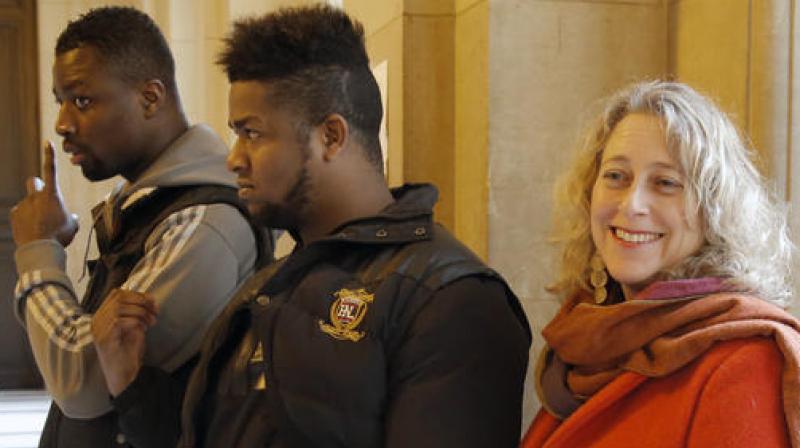Police illegally checked 3 minority men, says top French court

Paris: France's highest court ruled for the first time Wednesday that police illegally checked the identification of three minority men based on racial profiling, a key source of tension between officers and youth in poor suburbs.
The Cour de Cassation set more specific rules for ID checks in France in a decision closely watched by activists who have long protested against what they call routine discrimination by officers against minorities, mainly black and Arab youth.
However, the court declared eight other contested ID checks were legal, as they were based on objective elements and therefore not discriminatory.
The judges didn't decide on two other cases, returning them to lower courts for retrial.
"The Cour de Cassation made a great decision," Thomas Lyon-Caen, the lawyer for the 13 checked men.
The lawyer said he was "rather satisfied" that France's highest court ruled that ID checks based only on racial profiles as illegal and discriminatory, even if it didn't rule in his favor in most of the 13 cases.
Lyon-Caen argued that all the ID checks in 2011 and 2012 violated the basic rights of his clients because a democratic state cannot "link delinquency to skin color."
A study conducted by France's National Center for Scientific Research has shown that blacks are 12 times more likely to be checked by police than whites, and those of Arab origin are 15 times more likely, Lyon-Caen said.
The court ruled that "an identity check based on physical features associated with a real or supposed origin, without any prior objective justification, is discriminatory."
Defender of Human Rights, an independent French watchdog, welcomed the ruling as a "major breakthrough" for ensuring the rights of citizens against ethnically biased ID checks.
Its lawyer, Francois Boucard, said young immigrant and minority men are over-represented among those targeted for ID checks. That bias often leads to a feeling of injustice among young people of black or North African origins, a large part of whom live in deprived suburbs of French cities, he said.
During the hearing last month, the arguments focused on alleged victims of racial profiling being unable to prove discrimination in court.
In Wednesday's ruling, the judges said the burden of proof must now be shared between those who are checked and the police.
The alleged victims will have to provide courts only with "elements" suggesting a mere assumption of discrimination - through the testimony of a single witness, for instance - while police authorities will have to prove there were "objective elements" for the ID checks.
The lawyer for the French state, Alice Meier-Bourdeau, had warned the judges their ruling shouldn't "throw suspicion on any police officer or any representative of the state" and lead to a widespread challenging of ID checks in courts.
None of the 13 men had a police record, but each claimed to be a victim of humiliating controls. French police consider ID checks as important in fighting crime and extremist attacks.

